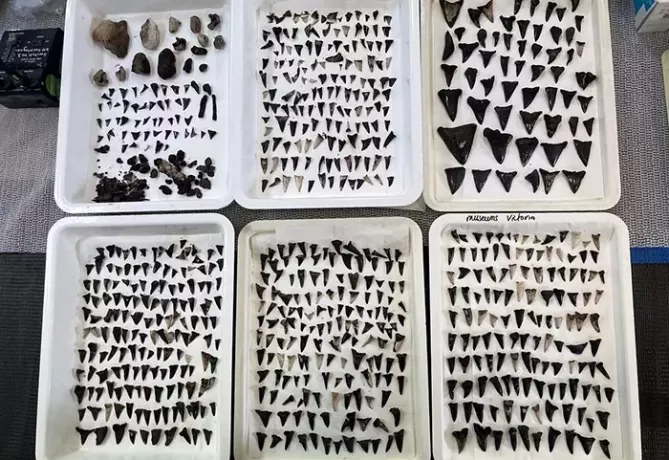The current Brazilian educational system, and so it seems to be that of all other countries, revolves around a social demand supported by the political, social and economic scenario to which we are all submitted. The valuation system, that is, the values that guide the way we separate the things we come into contact with due to attributes that we consider desirable or repulsive, as well as the entire social hierarchy, seems to be biased along this same path. Therefore, it is not surprising that educational methods are, for the most part, aimed at to supply this explicit demand for the acquisition of immediate power that the monetary condition gives us. But like any hierarchical and linear model, the demand for ascension exceeds available possibilities, which makes social escalation exhausting and exponentially costly.
Here there is an explicit differentiating factor: those who have (economic) means, disposition, time and greater affinity with what is most valued manage to to ascend within the established hierarchy, while others have to sacrifice their own well-being in the name of the promise of a better economic and Social. In this context, institutional education ends up being one of the most effective tools for maintaining this reality.
Authors as Pierre Bourdieu and Jean-Claude Passeron*, in his work "Reproduction: Elements for a theory of the education system”, sought evidence to show that the school and the entire modern education system exist as a tool for maintenance of established social paradigms, overriding or excluding the different ones and neutralizing the differences. The authors are based on the concept of “symbolic violence”, that is, the act of arbitrary imposition of the symbolic system of the dominant culture on other subjects.
For Bourdieu and Passeron, the educational process it is based on pedagogical action, which would be the integral manifestation of symbolic violence. This means that the pedagogical action would be the means by which educational institutions subjugate the subject and his individuality, forcing him to position himself in the social world in accordance with the pre-established notions of thought or dominant culture.
This process, however, is only possible through the action of a pedagogical authority, which, in the case of institutional education, is represented in the teacher and in the school environment. It is the figure of the pedagogical authority that transmits legitimacy to the teaching process and naturalizes the symbolic violence of the pedagogical action. This figure can also be represented in other fields of the social environment. The Church, for example, due to the authority that religion grants it, is also a pedagogical authority that instills values in individuals who are part of the common life. Therefore, the figure of pedagogical authority always counts on the legitimacy of the social environment, always aiming to maintain the social value of the action.
In this sense, according to the authors, every pedagogical action is an act of symbolic violence when trying to walking towards cultural hegemonization based on the symbolic system of the dominant group of society. Given this, Bourdie and Passeron were also concerned to demonstrate that, within the education process, those who are more adjusted to the imposed cultural model are those who manage to maintain greater chances of social inclusion in that environment. specific. Those with deviant behavior, on the other hand, end up suffering social sanctions, being excluded from socializing or marginalized.
From these observations, the authors conclude that the social reproduction is a fundamental condition for the existence of a system based on domination, so that the existing molds of a social organization remain, it is necessary that educational institutions become increasingly effective agents of reproduction Social.
Reference*: BOURDIE, Pierre; PASSERON, Jean-Claude. The reproduction. Elements for a theory of the education system. Lisbon, 1970.
by Lucas Oliveira
Graduated in Sociology
Source: Brazil School - https://brasilescola.uol.com.br/sociologia/educacao-reproducao-social.htm

